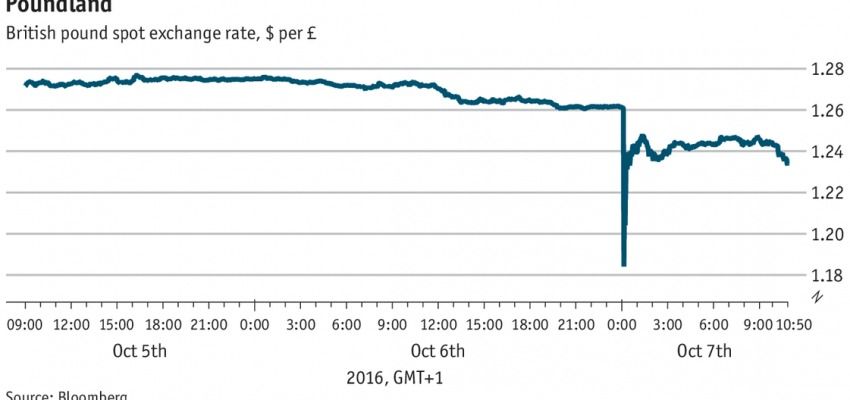
Lung cancer treatment is moving beyond chemotherapy, with Merck & Co. setting the pace in a new category of therapies that harness the body’s immune system to fight tumors.
The U.S. drugmaker’s drug Keytruda reduced the risk of death or cancer progression by 50 percent, Merck said, unveiling details of a crucial study at a meeting of the European Society for Medical Oncology. The medicine gave patients an average of 10.3 months before their cancer progressed, compared with six months on chemotherapy. Unlike competitor Bristol-Myers Squibb Co., whose similar drug Opdivo failed in an advanced trial and caused its stock to plunge, Merck selected patients who harbored high levels of a protein thought to predict how well the immune-system drugs will work.
The results give Merck a head start — and not just on Bristol-Myers. Roche Holding AG and AstraZeneca Plc are also in the race for the best new immune therapy against lung tumors, the most common cancer in the world. Doctors will probably start testing patients soon after diagnosis to see whether they’re suited to treatment with Keytruda and can forgo the many side effects of chemotherapy, said Stefan Zimmermann, a chief oncologist at the Cantonal Hospital of Fribourg, Switzerland.
Continue reading “Merck Leads as Lung Cancer Treatment Moves Beyond Chemotherapy” »



















